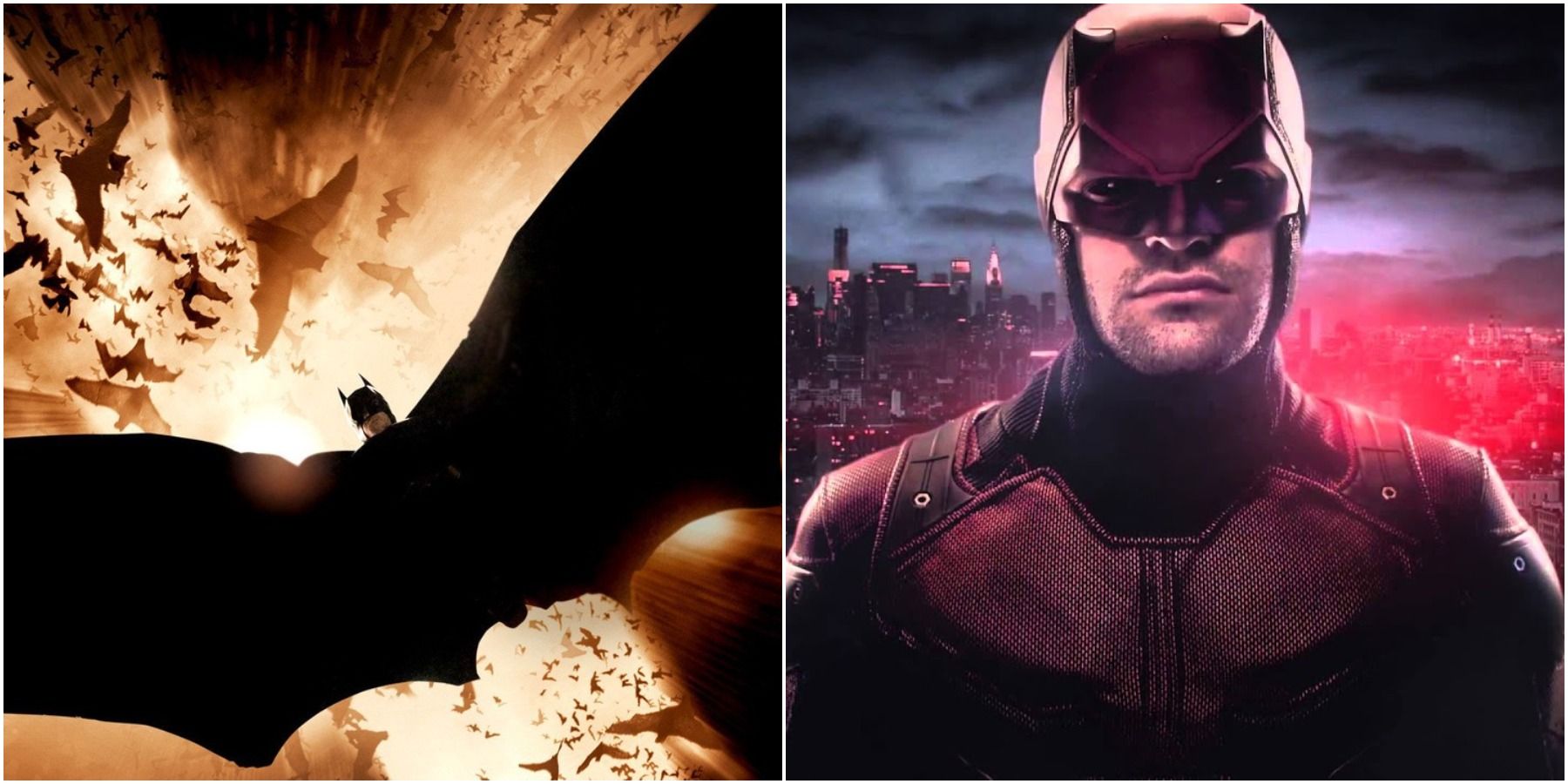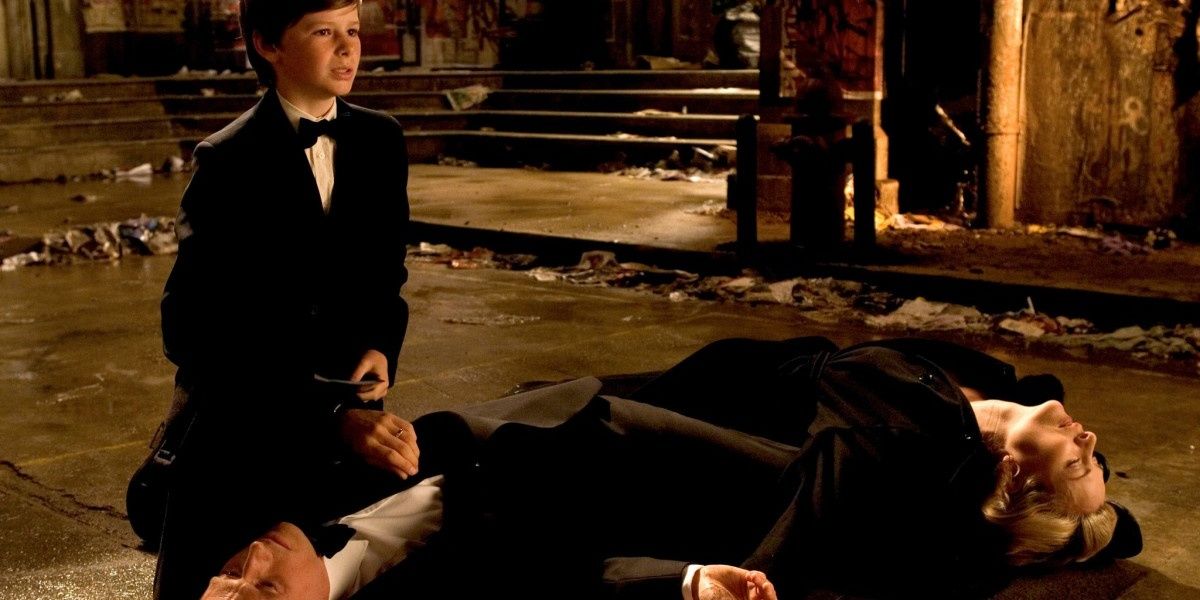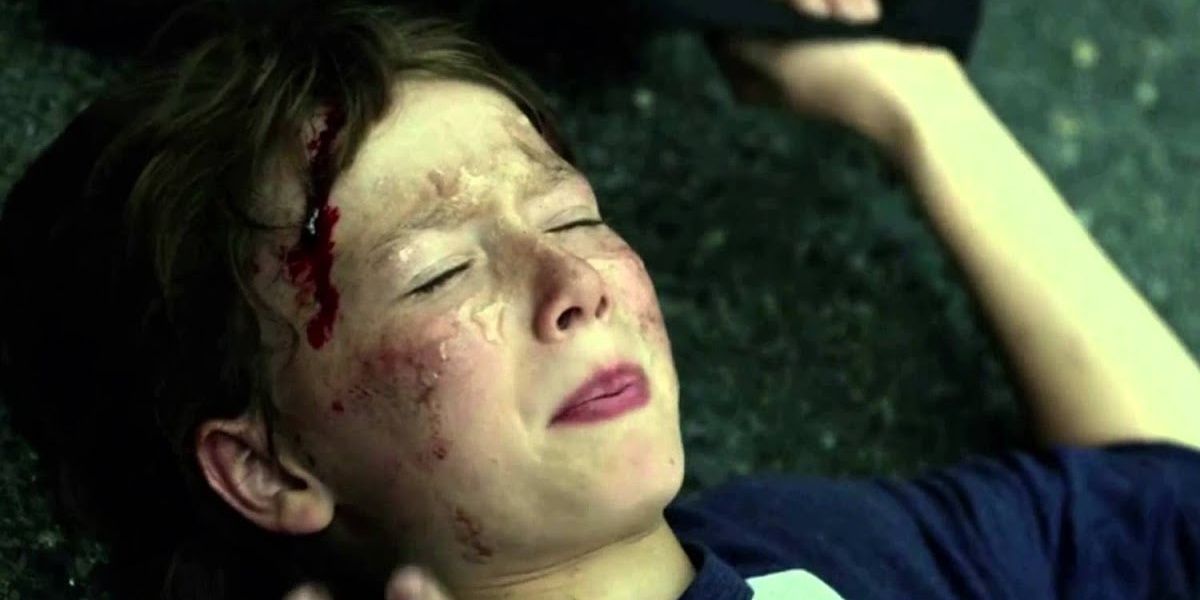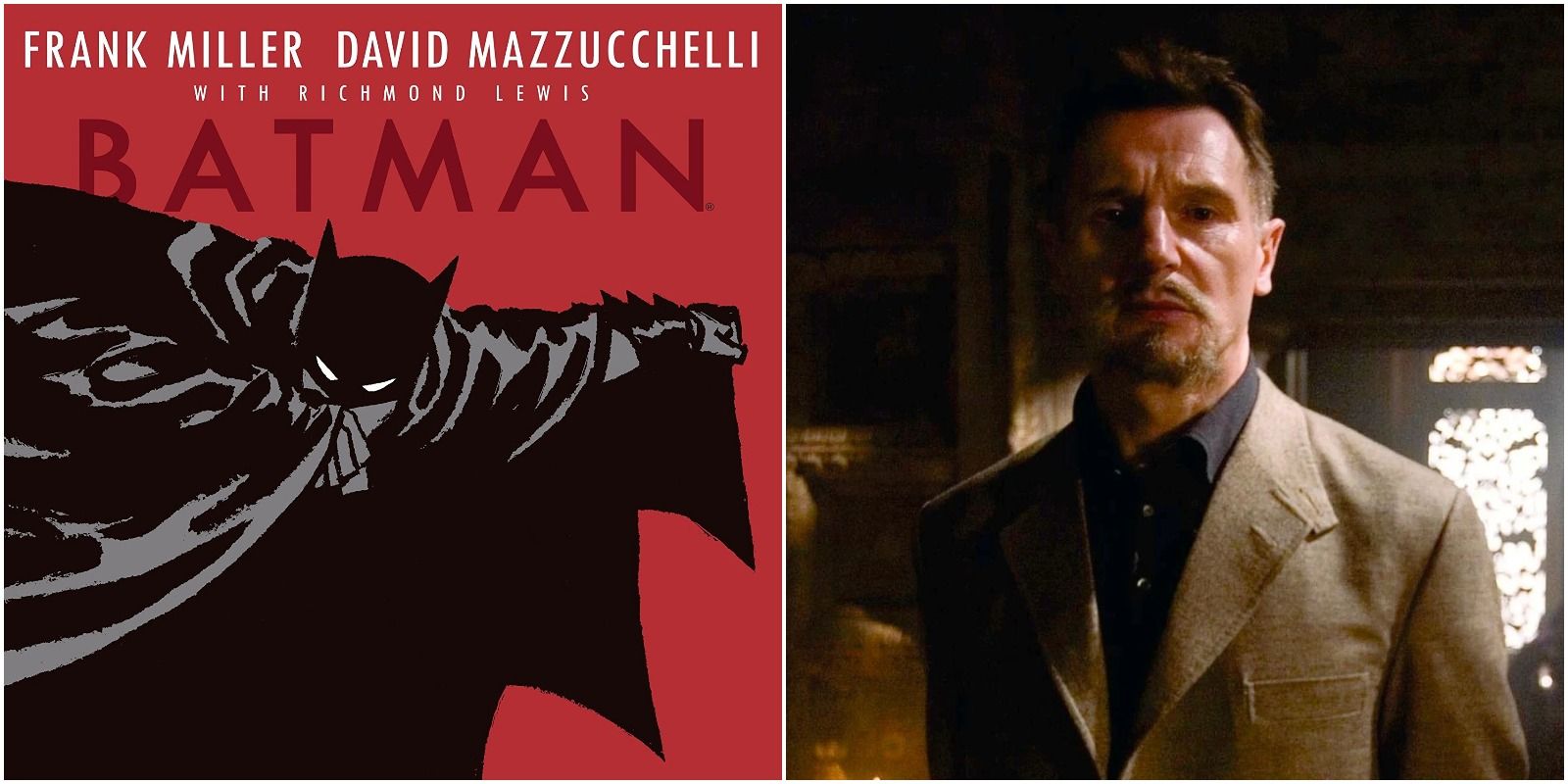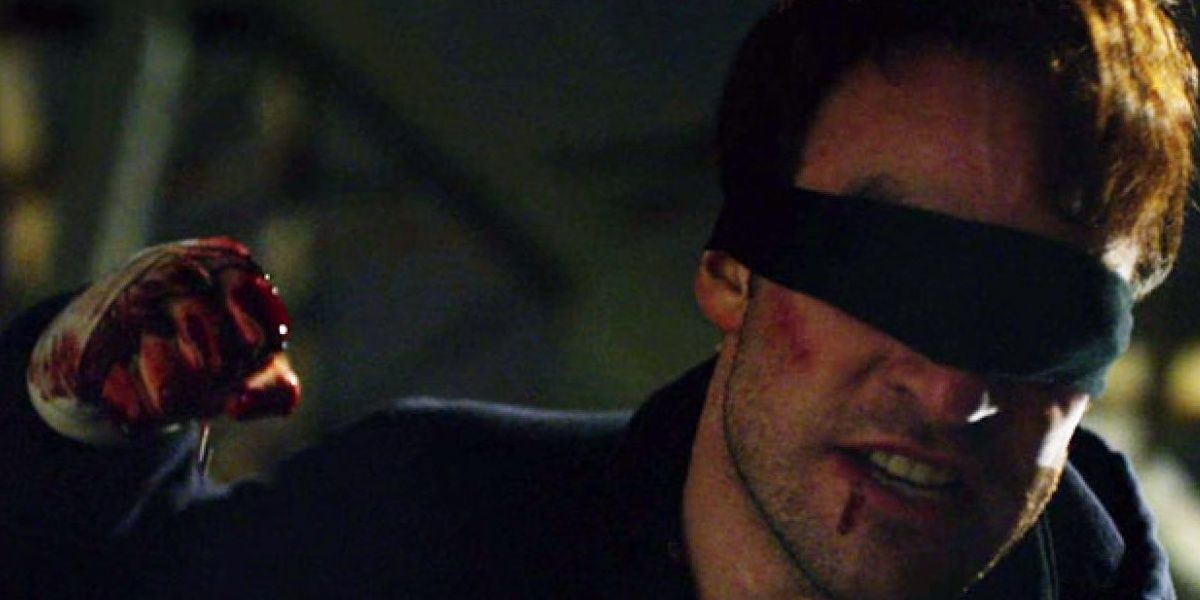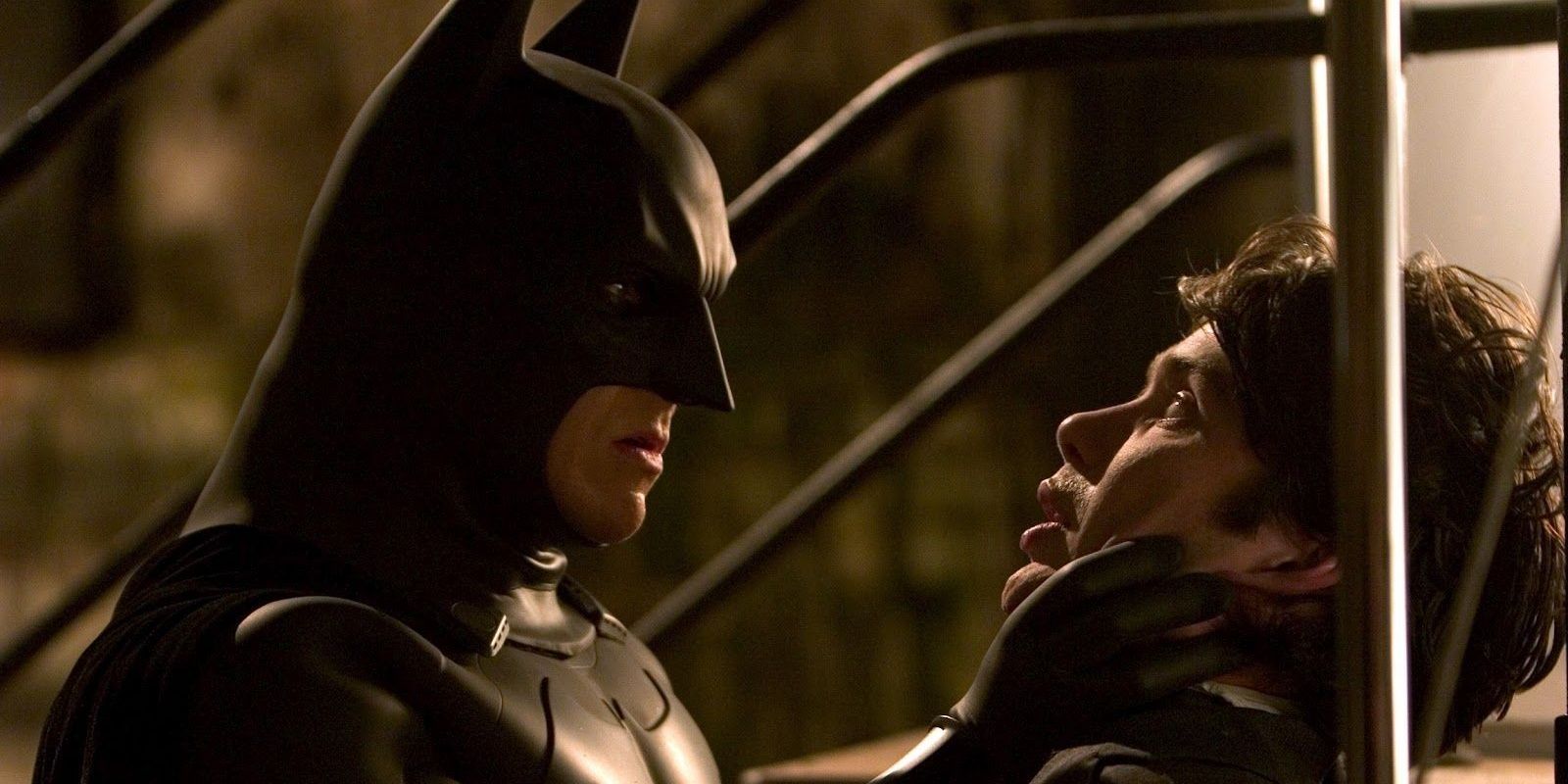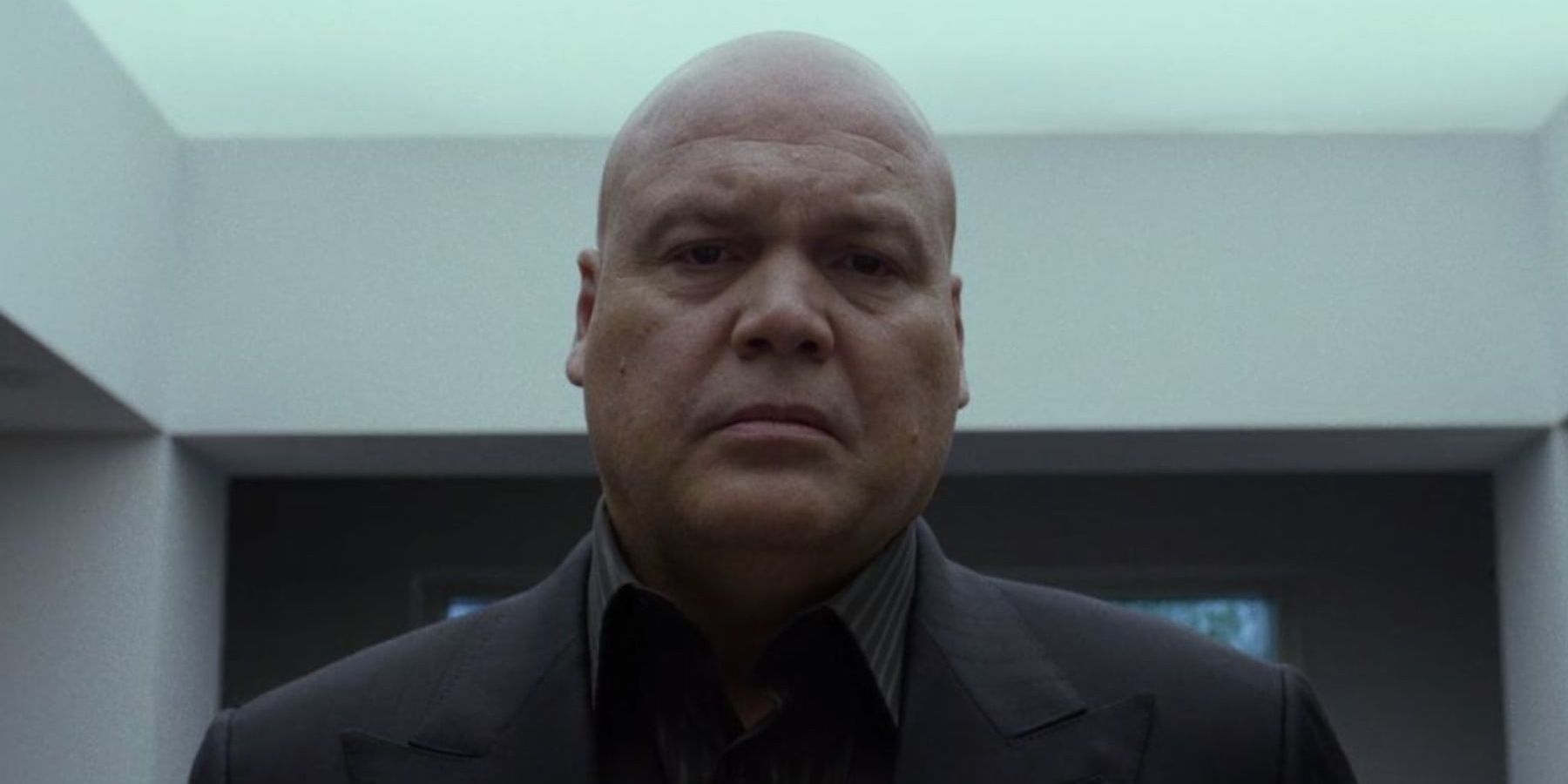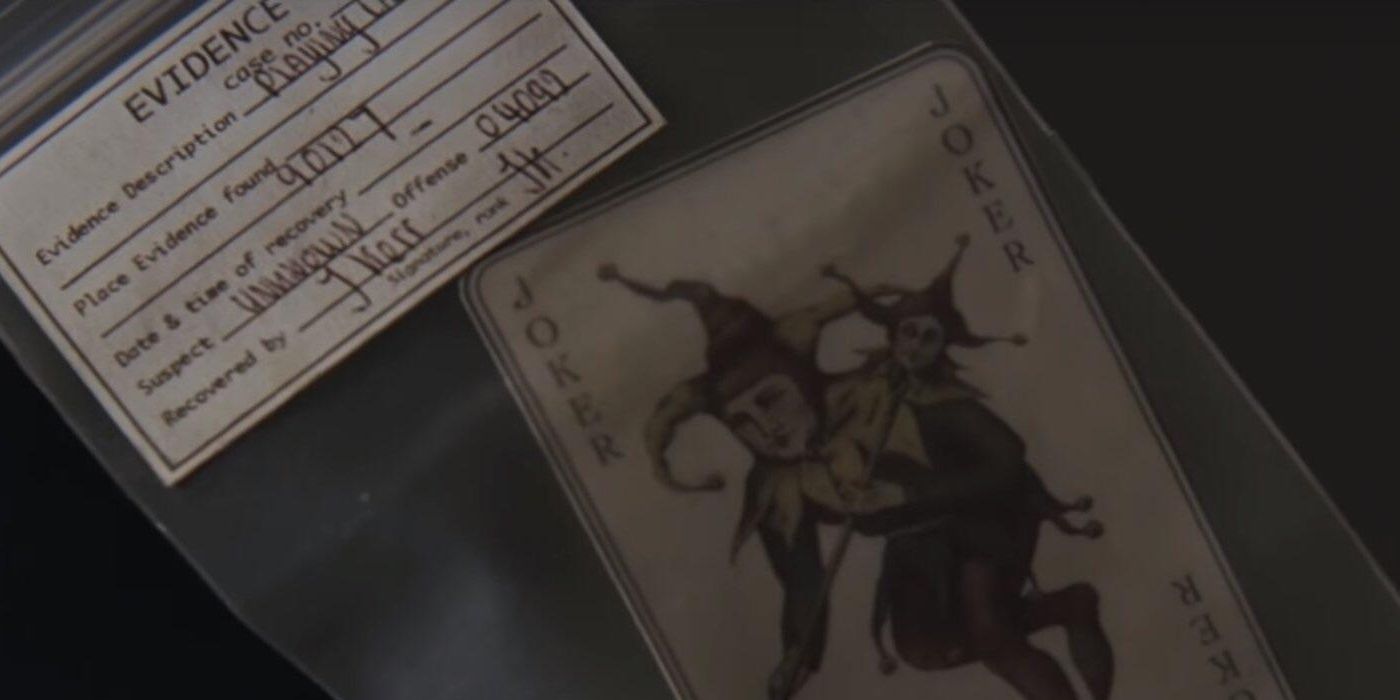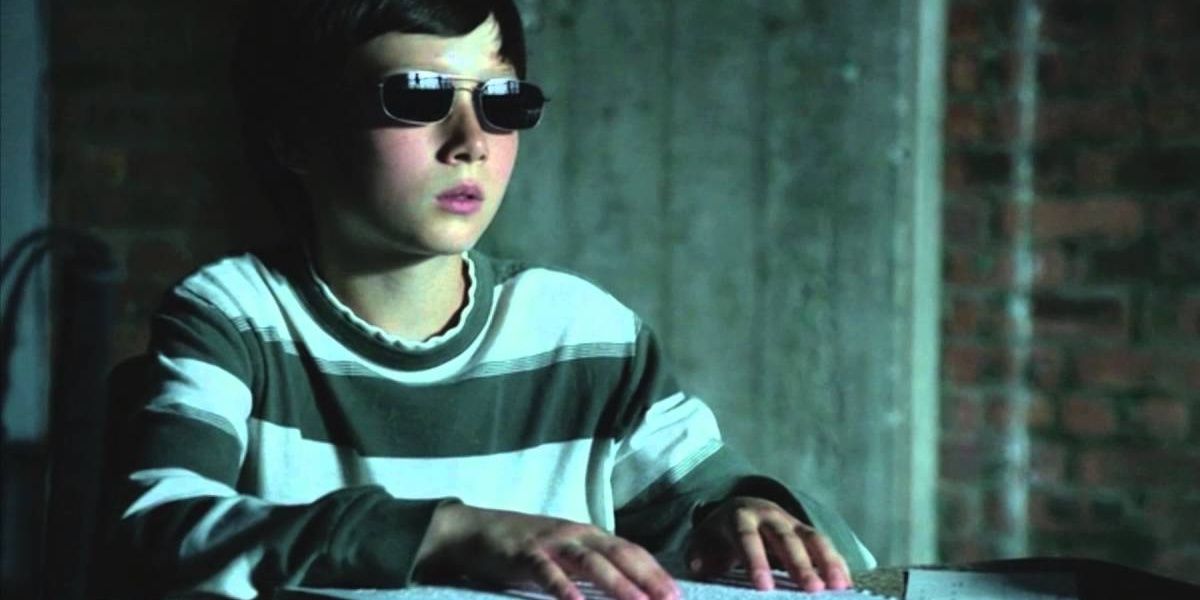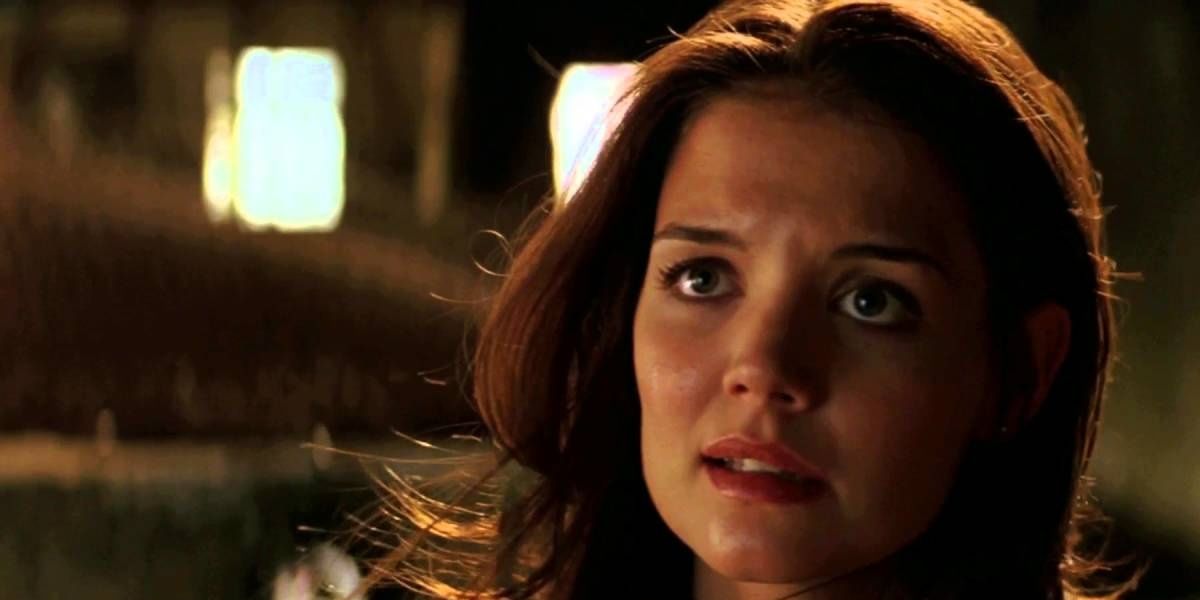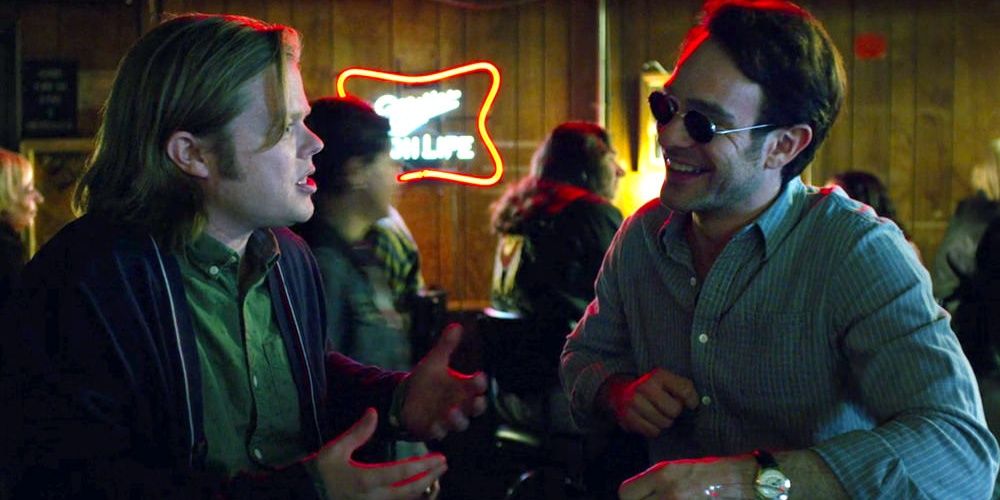When it comes to origin stories for comic book superheroes, it's become somewhat of a frustration--at least in film--of having them constantly be something audiences have to sit through. This certainly applies more so to certain superheroes more than others.
They certainly can and have been done well, but it's harder to continue doing them years later. Batman Begins is an example of an excellent, digestible, and effective origin story. Fast-forward around 10 years later, and the MCU/Netflix Daredevil premiere season delivered another masterclass of an origin. Here are five things Batman Begins did to be an effective origin, and five things Daredevil season one did better.
Batman Begins: Succinctly Interweaving Flashbacks
Some origin stories start by having the "present" be the character in question--a superhero in this case--coming into his own and then becoming his greater role. This is a good storytelling tool, but Batman Begins plays with the origin/backstory formula a bit differently than some other superhero tales.
For instance, Begins opens up with a child Bruce, but then switches back to him as an adult stuck in a prison in Asia, wandering the world trying to find the means to bring justice back to Gotham. The movie tells all the most vital points of his backstory brilliantly and succinctly by interweaving flashbacks from different stages in Bruce's life with present-day scenes, and then the story becomes present-focused while keeping audiences' attention.
Daredevil Season 1: Begins' Formula In Longer-Form
The way Daredevil approaches telling the titular superhero's origins and humble beginnings is the way Begins does it, but applies it into longer-form storytelling since this is a TV series versus a movie. Perhaps this is somewhat unfair to Begins, since the MCU's/Netflix's Daredevil is on a different medium, but it's still valid.
It takes full advantage of its much longer running time and shows scenes of Matt's evolution as they became relevant/referenced in present-day, making this origin even more compelling in a sense.
Batman Begins: Blending Iconic Comic Book Arcs With Originality
Both of these works beautifully use some of the most iconic stories out of the rich mythos of Batman and Daredevil (Year One and The Man Without Fear respectively) as influence, but Batman Begins gives an effective twist to Frank Miller's legendary and definitive origin story for the character. Daredevil season one pretty clearly uses (tastefully) The Man Without Fear--another excellent Miller work--to inspire and effectively execute Matt's origins, but Begins blends Ra's al-Ghul and the League of Shadows/Assassins with its Year One inspiration.
The comic didn't have the supervillain and his organization, but Christopher Nolan's Batman debut incorporates him in a way to set up a satisfying character arc for Bruce throughout the movie and trilogy.
Daredevil Season 1: Holds Little Back In What's Shown
Another point that Marvel's choice in a platform for Daredevil worked to the show's advantage is how it was essentially the equivalent of an R-rated theatrical movie in terms of how tone and themes were presented. Make no mistake: being "dark," "gritty," or "serious" just for the sake of being so does not guarantee high quality.
But Daredevil (all three seasons) does it in a way where it can still be all those things, but resonate on a raw, emotional level while getting to be more explicit in what is shown. It doesn't mince words in dealing with themes of abandonment, revenge/catharsis vs. justice, and loss.
Batman Begins: Building A Symbol Of Hope And Terror Of The Night
Like the Year One comic book, we first see a Bruce Wayne, and Batman, stumbling along his path before and after creating/embracing the mantle. Nolan's trilogy-opener does well in having Bruce work to forge something simultaneously meant to be a symbol of hope for the innocents and a terrifying creature of night for those 'looking to prey on the fearful.'
This origin story set the gold standard for how Batman should be treated by writers/directors on big stages. While he falls along the way, he gets back up and gradually creates that beacon of light for Gotham and attains a horrifying and mythical cryptid status from the guilty.
Daredevil Season 1: A Haunting Supervillain Origin
Even though Matt Murdock/Daredevil is the main attraction, season one also acts as a deeply-engrossing origin for Wilson Fisk, A.K.A. Kingpin. Equal parts due to superb writing and Vincent D'Onofrio's jaw-dropping acting, Kingpin's backstory and how it ties to the present serves as a great sculpting of an individual character and a parallel story to Daredevil's, culminating in a thoroughly-engrossing, tense, and vicious clash of ideals.
Fisk's flashbacks to his childhood, thanks to the show being able to hold little back as mentioned, proves haunting and harrowing in the best possible ways.
Batman Begins: Doesn't Jump The Gun With Supervillains
As suggested in the last entry, Daredevil did skillfully introduce the titular superhero's most compelling supervillain in season one, but part of that is due to the freedom of being a longer-form story and not confined to a couple of hours. Begins does well, especially since Batman has the most notorious rogue's gallery in comics, in not jumping the gun by throwing in the likes of Two-Face, Riddler, and certainly not Joker too soon.
This film gives a still-worthy supervillain, but one that does well in building Batman up to having to deal with more psychologically-dangerous threats to him. Gordon, the movie, and the trilogy play well on the theme of "escalation" by giving Batman more gradually challenging supervillains that are in service to his arc.
Daredevil Season 1: Skylar Gaertner's Young Murdock
Begins did this well also, though in an understandably smaller time frame, but part of what makes Matt's ultimate embrace of Daredevil work is in how childhood-Matt is portrayed. Skylar Gaertner did well in his performance as a young Murdock, and effectively gave believable and emotional moments to give audiences a strong sense of where current-Matt/Daredevil is mentally, emotionally, and psychologically.
Gaertner's scenes provide great windows into the past at different stages of Matt's life--the accident, paternal relationship(s), life as an orphan--through his formative years/most defining moments.
Batman Begins: Rachel's Influence On Bruce
The best part of Rachel Dawes as a character is in how she helped forge Bruce Wayne/Batman. Ultimately, she served as one of the biggest influences on his life in a positive way. Dawes proved to be one of the most important figures--along with Alfred--to finally bring Bruce back down to earth.
She grounds him, most notably in giving Bruce tough love/wake-up call when the latter admits he was willing to throw his life away and everything his parents stood for by killing Joe Chill. Dawes makes it abundantly clear he's not the only one suffering and that there's a difference between vengeance and genuine righteousness.
Daredevil Season 1: "Avocados At Law"
While not a romantic interest, Foggy Nelson was an excellent and profound friendship that shaped Matt's life in a similar way that Rachel did for Bruce. Here, we see a beautifully fleshed-out origin of a relationship and how it built Murdock up and gave him something he desperately needed: a ride-or-die, compassionate best friend that would be there with him professionally and emotionally.
Seeing the parallels in their blissful, growing friendship with the present-day crumbling of it was resonant to watch. He bluntly points out that he's treading from his path and that physically venting his anger at the world around him is not the same as the justice he claims to pursue--the aforementioned catharsis vs. justice.

